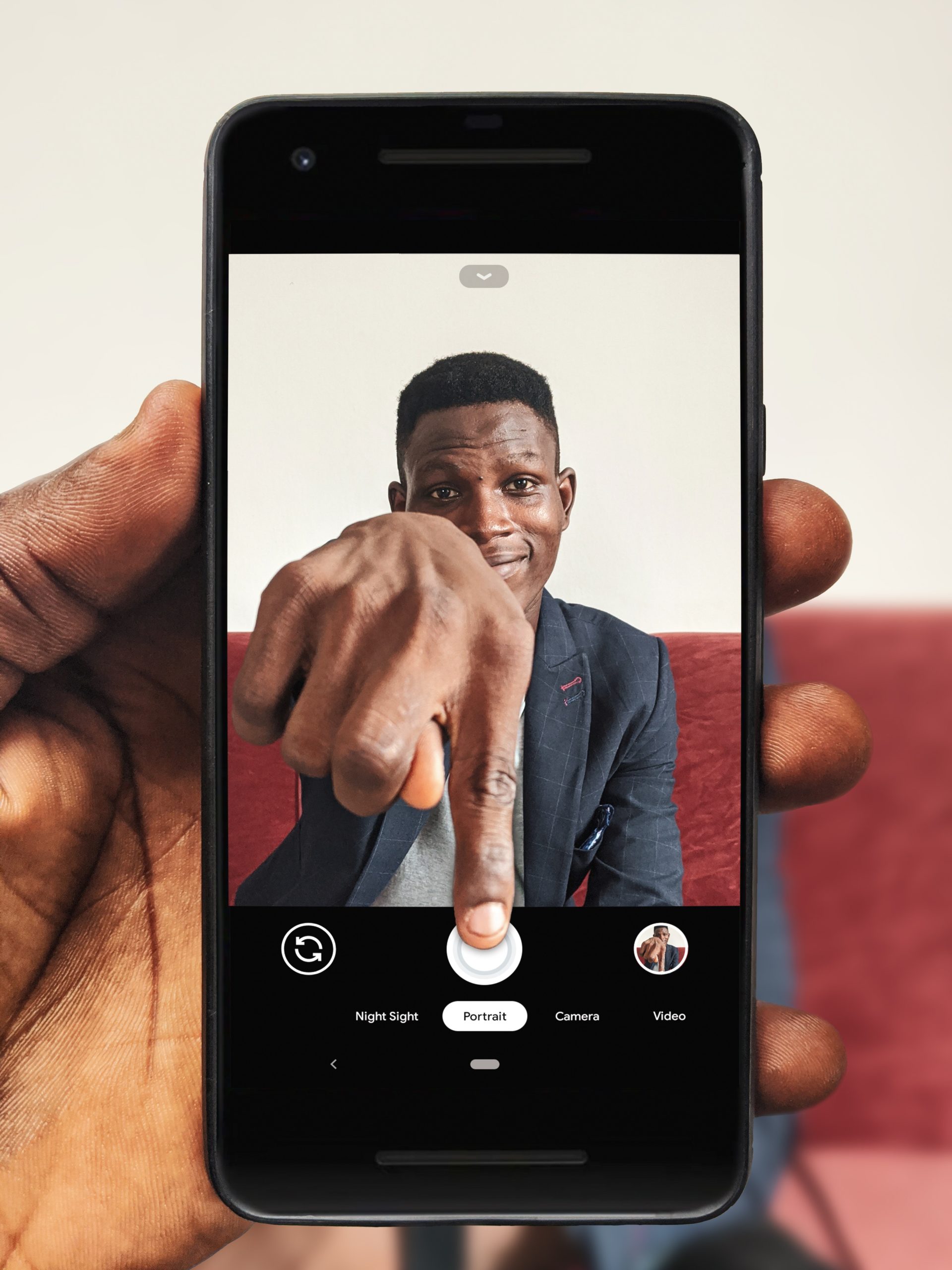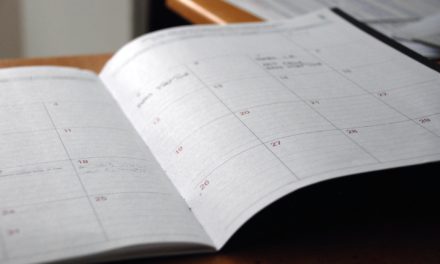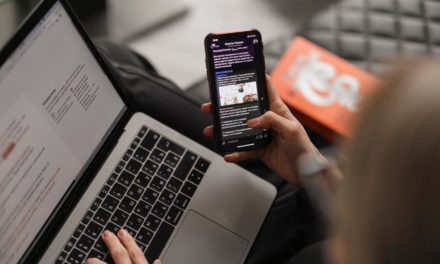I I’m going to sound like the old man telling you kids to get off my lawn, I know, but I have a bone to pick with cell phones. I vaguely recall the time when the worst phone interruption you’d get would be a telemarketer calling in the middle of dinner. Now, however, it’s grown to be a constant interruption. I have a friend who is such a compulsive Instagram viewer that when he hangs out, if there is a barely two-second lull in the conversation, like I ask the server for a drink, he’s gone back into it.
Anyway, I’ve long wondered just what neurological effect this trend will have on people in the future, and scientists are clearly pondering that too. Here’s an interesting hypothesis that just got tested: people with a greater ability to be hypnotized are more likely to abuse cell phones.[1]Olson, Jay A., Moriah Stendel, and Samuel Veissière. “Hypnotised by Your Phone? Smartphone Addiction Correlates With Hypnotisability.” Frontiers in Psychiatry 11 … Continue reading

Photo by Oladimeji Ajegbile from Pexels
If you see your hands reaching out of your cell phone, you’re officially hypnotized
It’s a pretty cool study design, too. They tested this hypothesis on a total of 641 college students (mean age ~21 years old) who attended one of eleven lectures at McGill University. Afterwards, they were asked to participate in a study. They were put through a 45-minute recording of a hypnotic induction, followed by a questionnaire to determine just how deep they each went under (in other words, how hypnotizable they are). They then filled out another form asking them a series of questions to determine just how attached they are to their phones. For example, they’d field questions like “I feel impatient and fretful when am not holding my smartphone.”
First off, the study authors interpreted the smartphone addiction scale test. They determined that 51% of the women and 39% of the men are high-risk for cell phone addiction (that’s as close as you can get off just a survey; it would take individual interviews to know for sure). While that does sound high to me at first glance, taking into account they’re young students rather than no-cell phone holdouts of the older generations, I can believe it. In case you’re curious to try it for yourself, while I couldn’t find a digital version online, the full text of this adolescent study is available and shows you the range of questions: [2]https://journals.plos.org/plosone/article?id=10.1371/journal.pone.0083558.
They then compared the students’ cell phone addiction status to how hypnotizable they are based on the public lecture and questionnaire. Lo and behold, there is a small but consistent correlation between the two. The fun part here is deciding exactly what that means. People are generally stable throughout their lifetimes in how susceptible they are to hypnosis, so it’s doubtful that cell phone use literally induces it.
If that were the case, then any other generally engrossing activity such as TV binge-watching, gambling, compulsive video game playing, etc. would also increase hypnotisability, and that doesn’t happen. What’s more likely is that people who are already prone to being hypnotized are more easily sucked into the endless attention grabbers of a cell phone.
As always, I look for the practical application of information like this. My advice is if you see any of yourself in these subjects, you self-analyze how prone you are to getting absorbed into entertainment. If you easily zone out the movie theater while focusing on a new film, lose yourself in mindless browsing, or in my case get way too addicted to strategy games (“one more turn then I go to bed!” syndrome), be doubly careful your cell phone use doesn’t hamper your career or social life.
Oh, and as for my poor friend’s situation in the introduction, I’m going to have to read him this quote: “Madrigal (6) even likens the “hypnotic” state of endless social media scrolling to the trance-like absorption of slot machines” (Reference #6 mentions an article in The Atlantic). It’s about right for what I see in his face when he’s completely locked into scrolling real-time updates. Next time he comes over, I’ll have to play him a 45-minute hypnotic induction and give him a hypnosis survey. I’m sure he won’t think that’s weird or anything.
References
| ↑1 | Olson, Jay A., Moriah Stendel, and Samuel Veissière. “Hypnotised by Your Phone? Smartphone Addiction Correlates With Hypnotisability.” Frontiers in Psychiatry 11 (2020).https://doi.org/10.3389/fpsyt.2020.00578. |
|---|---|
| ↑2 | https://journals.plos.org/plosone/article?id=10.1371/journal.pone.0083558 |





